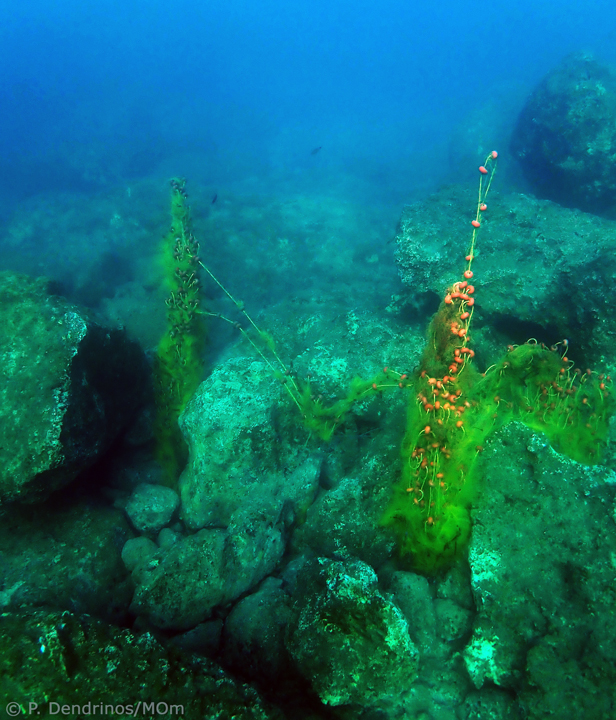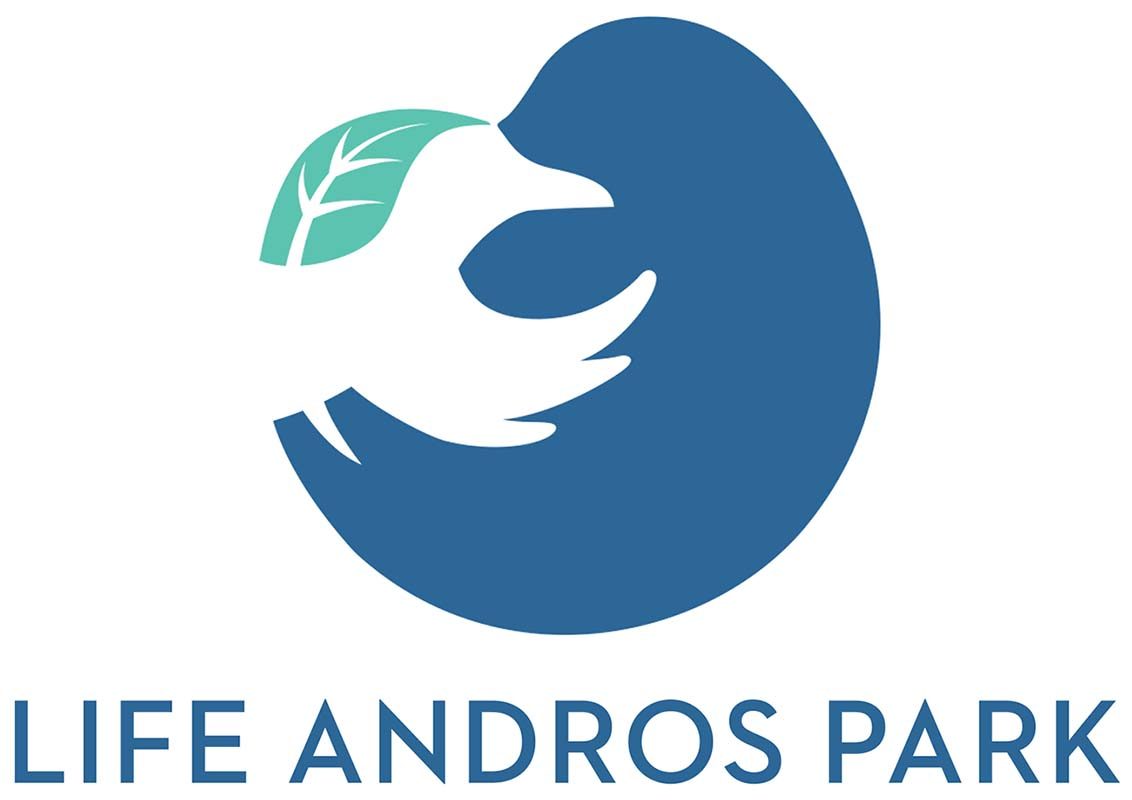Removal and management of marine plastic debris and derelict fishing gear will take place at sites including marine caves, seabird colony islets and top marine plastic debris and derelict fishing gear “hot-spots”.

The methods of removal of marine plastic debris, derelict fishing gear and other potentially harmful objects employed will include:
- Manual removal from within and in the vicinity of seal caves
- Manual removal from seabird colony islets
- Manual removal from coastal hot-spot sites, with emphasis on seal basking and seabird nesting/roosting sites on the coastline of Andros
- Floating debris collection at coastal waters hot-spot sites with emphasis on seal/seabird main foraging areas using the most suitable mobile floating debris collecting system
- Installation of a pilot stationary floating marine debris collecting floating barrier
Debris and fishing gear on the seafloor will be located acoustically, by side-scan sonar, and visually by existing Municipality’s underwater Remotely Operated Vehicle (ROV) in coastal waters hot-spot sites. In case fishermen loose fishing gear they will inform the project team to assist in its removal.
Training seminar will take place for wildlife first aid provision to Mediterranean monk seals and collection of information for the species by the local volunteer group.
